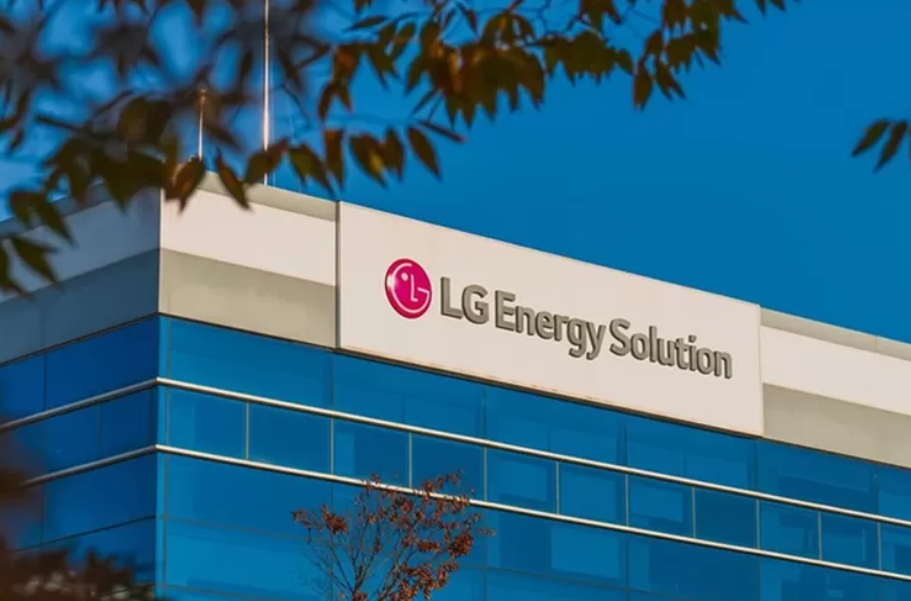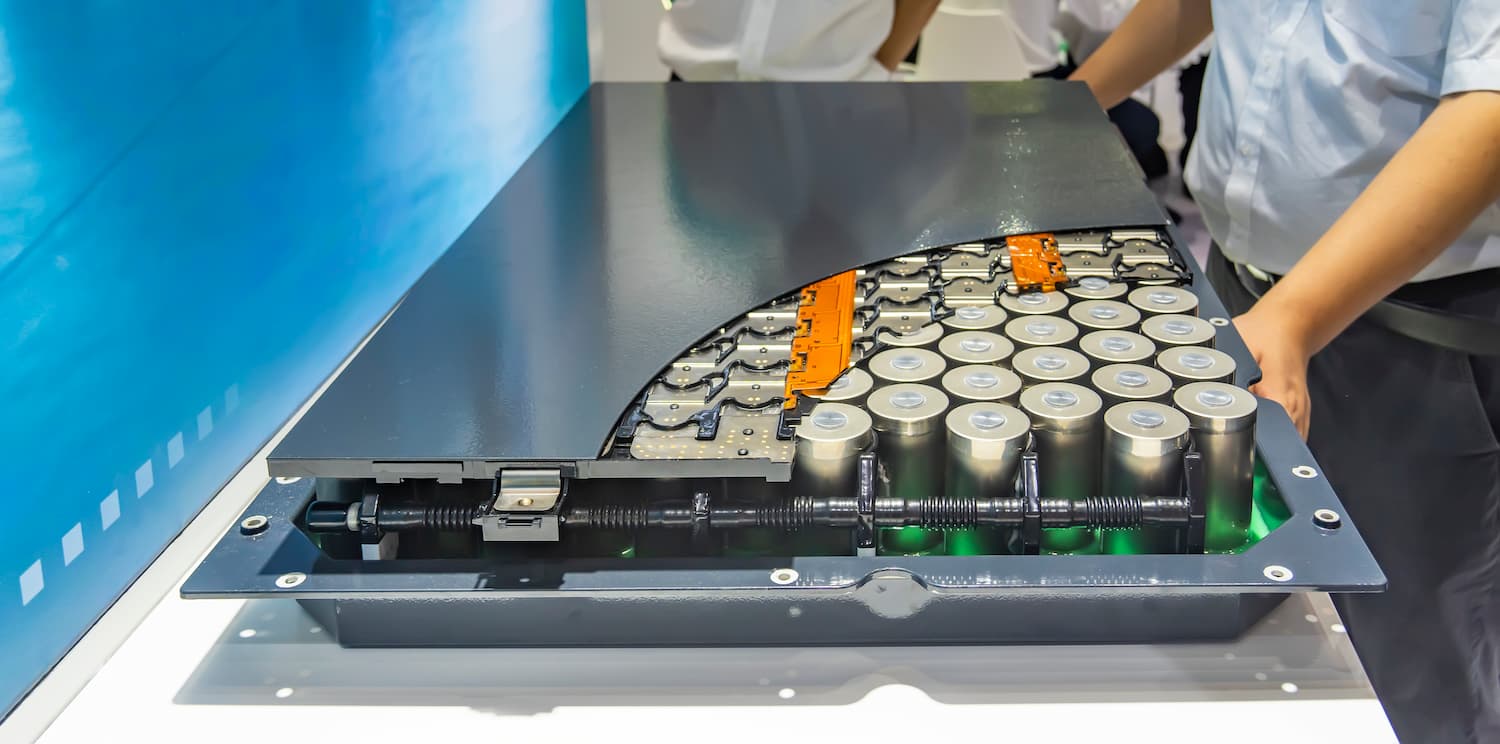
LGES withdrawal marks the collapse of Indonesia’s vision for a nickel-driven EV battery industry. (Photo: LGES)
South Korea’s LG Energy Solution (LGES) has withdrawn from Indonesia’s high-profile Project Titan, a move that has sparked renewed debate within the electric vehicle (EV) supply chain industry.
Analysts say LGES’s decision reflects mounting pressure from China’s rapidly expanding use of lithium iron phosphate (LFP) batteries, which has diminished demand for nickel-based batteries and disrupted Indonesia’s downstream nickel ambitions.
LGES exit from Project Titan, Huayou Cobalt steps in
Indonesia’s Project Titan, valued at US$8.45 billion, was central to the government’s plan to become a global EV battery hub. LGES, one of the earliest foreign backers of Indonesia’s downstream strategy, had intended to develop a fully integrated supply chain—from nickel mining and refining to battery module production. However, citing changing market conditions and investment climate, LGES ultimately exited the project.
While Indonesian officials deny that LGES pulled out unilaterally, they confirmed that prolonged negotiations failed to yield results. A key sticking point was reportedly the ownership structure of the joint venture. The Indonesian government had pushed for a larger stake to ensure compliance with the U.S. Inflation Reduction Act (IRA) and gain access to the American EV market. After nearly two years without a breakthrough, talks collapsed.
LGES, however, remains active in Indonesia through its joint venture with Hyundai—HLI Green Power—which is building the country’s first battery cell manufacturing facility in Karawang, West Java. The US$1.1 billion plant will focus on producing battery modules for EVs.
Following LGES’s withdrawal, China’s Zhejiang Huayou Cobalt quickly stepped in to take over the project. According to Investment and Downstream Minister Rosan Roeslani, Huayou will maintain the original investment commitment and take the lead in building the full EV battery supply chain.

Lithium battery pack module for EV. (Photo: iStock)
Rise of LFP signals tech and geopolitical realignment
The LGES withdrawal is emblematic of larger shifts in EV battery technology and global supply chain power dynamics.
In Asia, Chinese automakers have increasingly adopted LFP batteries, which are free of nickel, thereby challenging the dominance of nickel-based chemistries such as nickel manganese cobalt (NMC). Indonesia sold roughly 43,000 EVs last year, with about 90 percent equipped with LFP batteries, primarily from Chinese brands including BYD, Wuling, Chery, and Neta.
Market data from SNE Research shows LFP batteries gained 53 percent in global market share in 2023, while NMC batteries grew by only 12 percent. With BYD and CATL controlling over 80 percent of the LFP battery market, China holds a commanding lead in both technological and material supply chains.
Andry Satrio Nugroho, an economist at the Institute for Development of Economics and Finance (INDEF), said Indonesia’s EV policy has naturally leaned toward lower-cost options, leaving the nickel-based battery industry unprotected.
While LFP gains ground in Asia, NMC batteries remain in demand across Europe and the U.S. This bifurcation of battery preferences reflects deeper geopolitical divides. According to Putra Adhiguna, managing director at the Energy Shift Institute, LGES has retained a U.S.-centric investment focus, which may explain its difficulty adapting to regional trends.
Putra urged the Indonesian government to recalibrate its nickel strategy, suggesting the country shift away from EV batteries and instead focus on domestic applications such as stainless steel and nickel alloys, where long-term industrial value may be more sustainable.
Meanwhile, CATL—China’s top battery maker—has also scaled back its investment in Indonesia. The company recently slashed planned capacity for an Indonesian project from 15 GWh to 6.9 GWh, citing similar market shifts. In April, CATL unveiled a new sodium-based battery technology, signaling a move further away from dependence on nickel and lithium.
Source: Jakarta Post(1), (2), (3)
.jpg)


